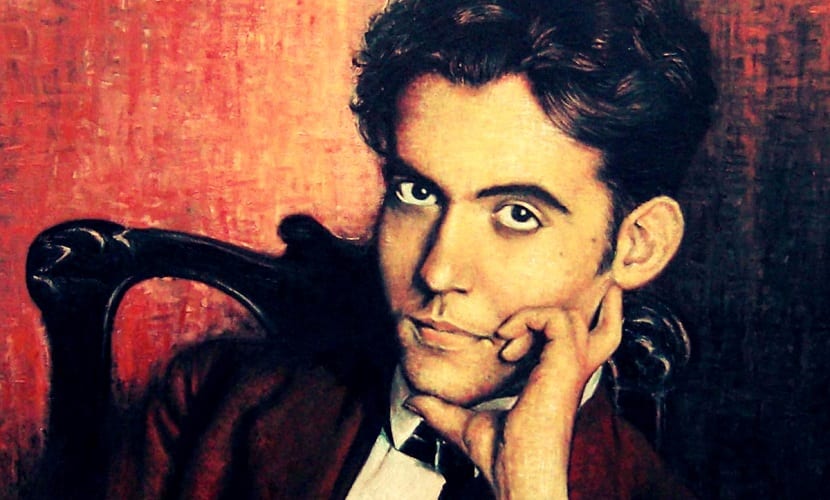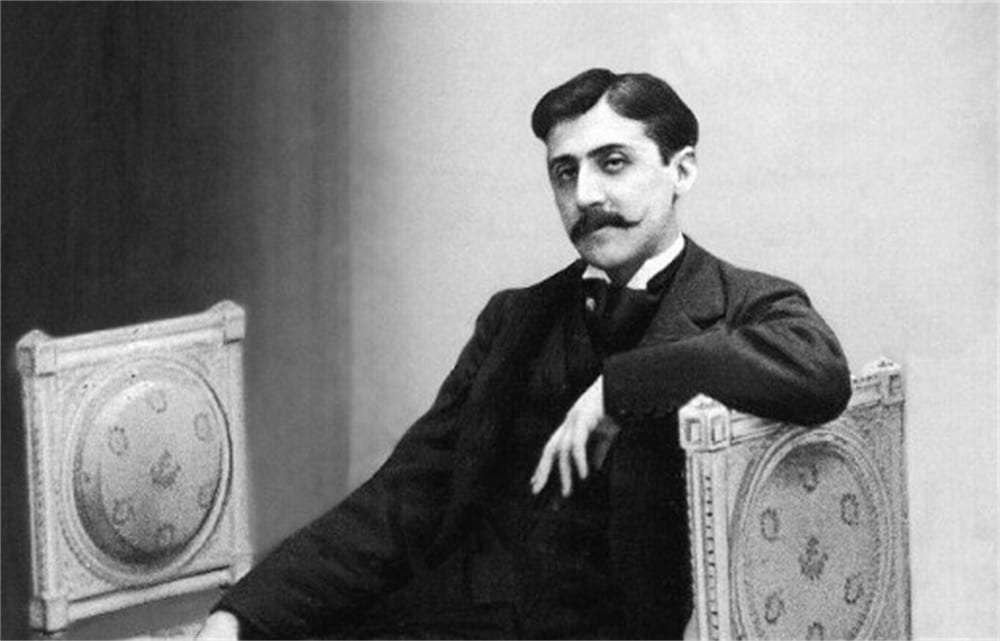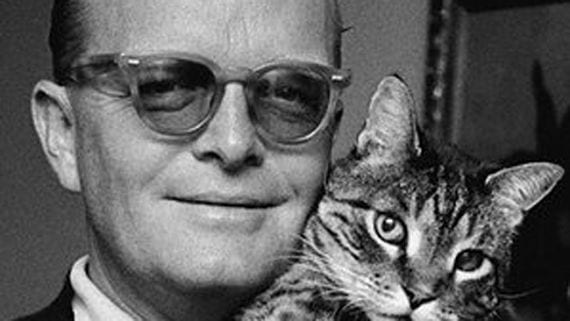
Not so long ago, homosexuality was under pressure that is far from tolerance today (at least as far as much of the West is concerned).
And literature, from time immemorial, has been one of the best mirrors for those writers who had something to tell even if they did it in a way that was not explicit, necessarily ambiguous in some cases. These great writers who were gay they serve as unjust "scapegoats" of a time when despite the dangerousness of certain ideas, the possibility of highlighting and inspiring future generations was much greater.
Federico Garcia Lorca
One's love life the most important Spanish authors of the XNUMXth century continues to be linked to more than one conjecture, including the figure of Salvador Dalí as platonic love to which the Granada writer could never succumb. The homoerotic lyrics of Diván del tamarit or Sonnets of dark love (published after the death of the author) are some of the examples of the hypersensitivity of the poet of the generation of 27, whose execution on August 18, 1936 in the vicinity of the town de Viznar was due to his socialist ideology, his possible status as a Freemason and his homosexual character, as confirmed a report drawn up in Granada in 1965 and released in 2015.
Oscar Wilde

Oscar Wilde, one of the most famous homosexual authors in history.
Influenced by the exuberance and femininity of Greek literature, the writer of The Portrait of Dorian Gray He became a source of scandal in Victorian England after being accused of sodomite, a facet discovered by his lover's father, the Marquis Lord Alfred Douglas, and the reason why Wilde spent two years in forced labor. A time that he used to write the letter De profundis, destined for John Sholto Douglas, father of the loving aristocrat. A clear influence for other authors of the time such as the aforementioned García Lorca and, also, of future Japanese intellectuals such as. . .
Yukio Mishima
The author of Confessions of a mask, a novel in which the young protagonist, influenced by his grandmother, discovered homosexual tendencies repressed until then, was one of the great misunderstood of his time when dealing with a society in which he never felt accepted. Lover of the sea, of the concept of death or sex as an escape route for human beings, Mishima only had relationships with other men when traveling, being in Japan repudiated by a communism that never saw him with good eyes and for which he would feel conditioned to marry the young Yoko Sugiyama, although the author affirmed on more than one occasion his refusal to allow the women in his life to read his work.
Marcel Proust

The French writer was so sensitive that he was on the verge of not being born, eventually becoming an intellectual whose hypersensitivity, according to many, was such that not even his own body could bear it. His a with the Venezuelan opera composer Reynaldo Hahn from 1894 it would become a clear source of inspiration for some of the passages of his masterpiece, In Search of Lost Time, the first novel that spoke openly of a homosexuality repressed by the society of the time. As many of you will know, Proust did not finish the work because of the bronchitis that ended his life in 1922.
Truman Capote

Writer for Playboy magazine, harlequin of the American high society of the 60s and author of such mythical works as Breakfast with Diamonds or In Cold Blood, the lonely Capote was a openly homosexual writer In whose love story there was no shortage of yellow stories such as his attraction to one of the murderers in In Cold Blood, his greatest work and cornerstone of non-fiction literature. The writer was played on the big screen by Philip Seymour Hoffman, an actor with whom he shared the same tragic end due to an overdose.
Reinaldo Arenas
A character also adapted to the cinema under the skin of Javier Bardem, Arenas became the wayward son of that colorful, intellectual and libertine Cuba over which the Castro dictatorship soon loomed, which is why the Cuban writer left his country to settle in New York, where he committed suicide in 1990 after three years of fighting AIDS. For posterity there are works such as Celestino before dawn, whose main axis is his mother, as a muse of that peasant Cuba where the sensitivity in a child slipped through the holes in the earth.
These great writers who were gay They tried to reflect part of that hidden reality in works that have transcended to become masterpieces, precursors of a relatively contemporary gay art and, especially, of a literature that does not understand sexual inclinations, but pure transgression.
Which of these authors is your favorite?
Hey.
Thanks for the information.
I think there is an error in the date of the Prouts romance.
regards
Yes, I slipped 8 instead of 9. Thank you! All the best.
I am straight, but this rejection of Lemebel for his homosexuality is the stupidest thing I have read, the sexual inclination of an individual has nothing to do with his quality as a writer. Great writers have been homosexuals, including Truman Capote, Marcel Proust, Reinaldo Arenas, Federico García Lorca, Yukio Mishima and Oscar Wilde. Hemigway also confessed his homosexuality. These writers are likely to have had a talent and intelligence far superior to those who rejected Lemebel
THE GREATEST TO SEEM OSCAR WILDE FAR AWAY.